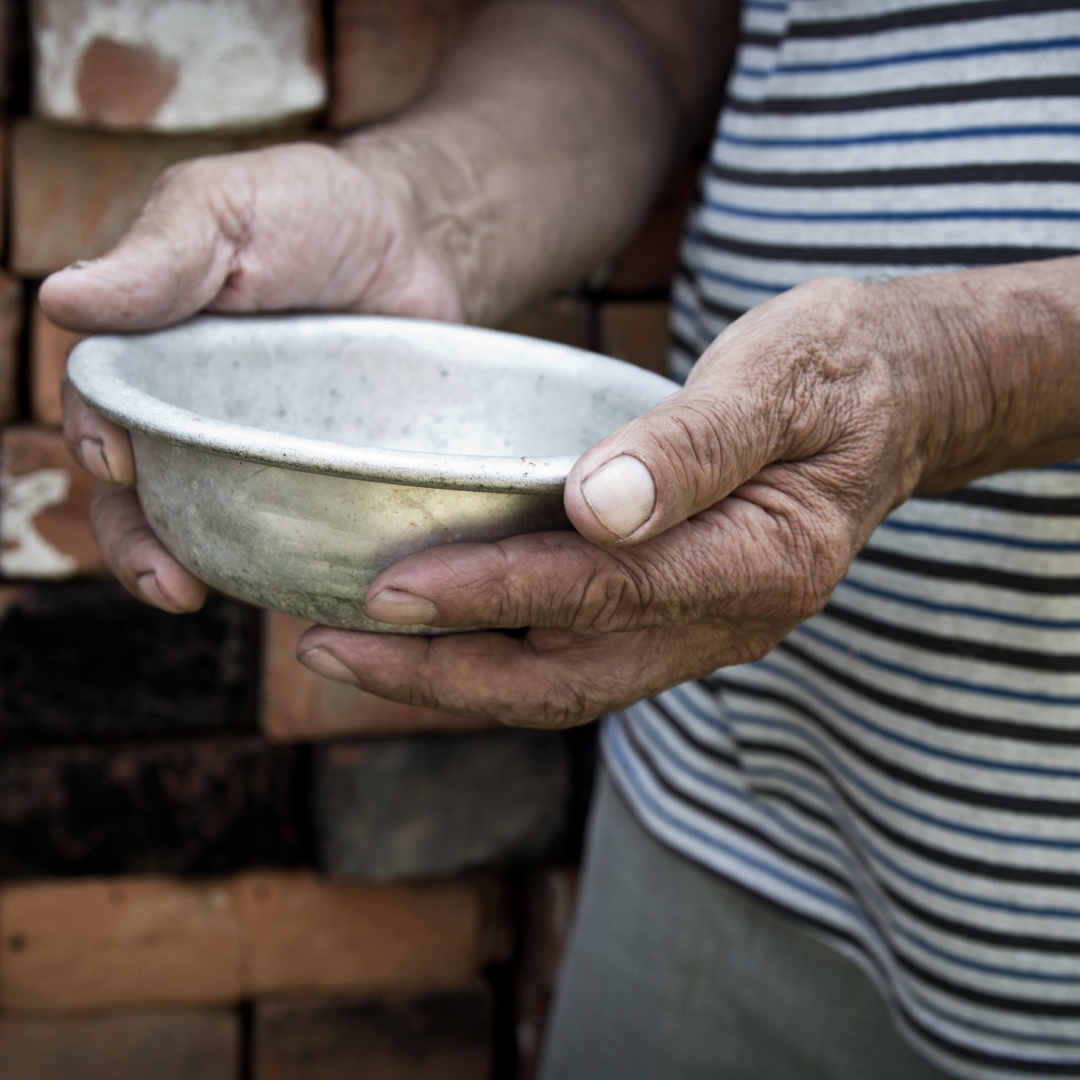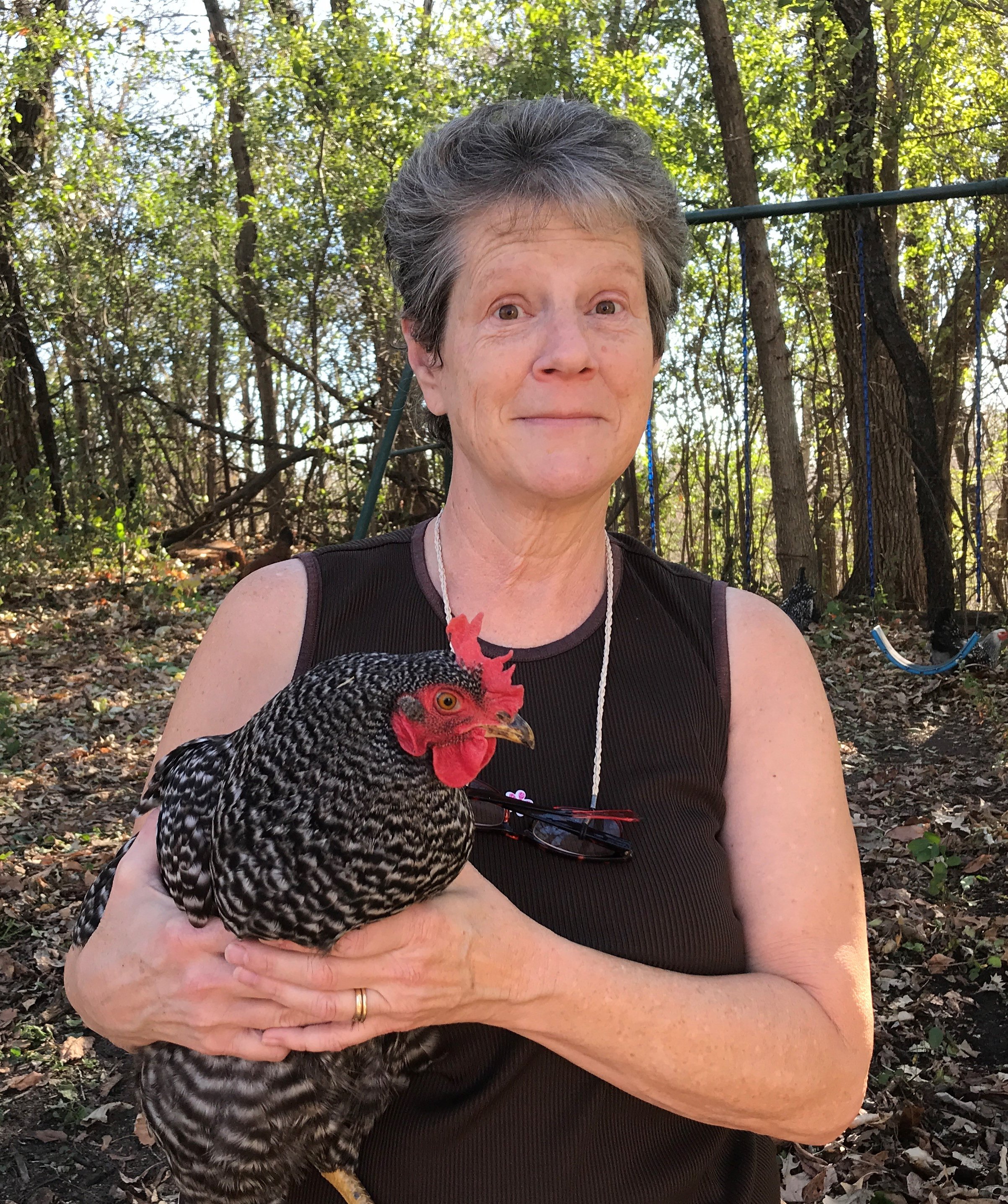
Charlene Rack begins an article series on how we recognize Christ in the poor and needy.
My recent reading and reviewing of Kevin Wells latest book, Priest and Beggar, has inspired me to think and act more decisively and mercifully in regards to the poor and afflicted among us.
Ven. Aloysius Schwartz (subject of the above-mentioned book) perceived the truth regarding the Church’s real treasure. And, of course, Mother Teresa of Calcutta lived most of her life surrounded by and serving that disguised treasure. St. Lawrence was martyred after making a strong, visual (and thoroughly maddening, to his accusers) argument about the greatest treasure of the Church.
God Himself, God the Son, came into this world in the poorest of settings, born to meek and humble parents. That was His merciful plan. The “birth announcement” went out to the lowly (and no doubt dirty and smelly) shepherds in the field. Why them? Because, in their poor and humble state, they were already loved by and united to Christ, and consequently, were able to recognize Him. Not to say that the wealthy can’t do the same. They can, of course, if their hearts are not held captive by earthly pleasures and possessions. The wealthy Magi were drawn from afar to Him. The hearts of their souls were wide open, and they also recognized Christ for Who He was, giving gifts meant for a king. At the end of Christ’s life, as He hung on a cross, naked, bloodied, and forsaken, the Roman centurion’s eyes were opened to the truth regarding this poor and seemingly broken man, and he cried out, “Truly this was the Son of God!” (Matthew 27:54) They had all recognized Christ in the midst of rags and rejection.

If this hodgepodge of poor and pagan was able to recognize Christ in His suffering, then so must we, in our encounters with “our” poor and afflicted. God could have bedazzled the ancient world with a Messiah dressed in the finest of clothes while performing unending miracles and mind-numbing feats of omnipotence, but although Christ did display many signs of His divinity, He was, is, and always will be, our seemingly “unlikely,” but greatest Treasure. And He is to be found repeatedly in the poor and afflicted among us.
As Fr. Aloysius Schwartz explains in The Starved and the Silent, God presented himself to the Jewish leaders as poor and objectionable because, “He did not want to force belief or buy love.” And He spoke only in eternal truths. People had to come to Him with a humbled and open mind, or else dismiss Him entirely.
In that same book, Fr. Al Schwartz goes on to say this, “Of Course, Christ is not present in the poor in the same manner by which He is present in the Eucharist, but it requires the same faith to believe in this presence,” perhaps even more faith. “It’s easier, Fr. Al claims, “to believe in Christ present in an immaculate, richly ornate tabernacle, or in the inspired words written on clean, germ-free pages of Scripture, than to believe Him present in the unwashed masses of suffering, afflicted, and poverty-stricken humanity.” But this, indeed, is what we are called to, for if we turn our back on such as these, we turn our back to Christ, Our Lord and Savior.
In St. James’ epistle, we find the path of Christianity in a nutshell:
Religion that is pure and undefiled before God and the Father is this: to care for orphans and widows in their affliction and to keep oneself unstained by the world. (James 1:27)
The poor, afflicted, and forsaken must become our modern-day Jesus of Nazareth, and His anointed ones, (our priests and bishops) must set the example by embracing, as much as possible, a life of simplicity and poverty. In order to serve the poor (and hence care for our unlikely treasure while serving Christ), we must embrace poverty.
And how do we go about actively serving the poor and working to live in solidarity with them? I have to admit, I think it’s trickier these days. The poor (in our prosperous country, anyway) aren’t what they used to be in Jesus’ day. We’re accosted on downtown sidewalks with requests for money. The call log on our phone is filled with unknown numbers, many attempting to obtain personal information in order to steal from us.

So what are we to do?
How do we safely serve the legitimate poor, and consciously connect with them? Next time I will share my thoughts on that part of the equation.
Copyright 2021 Charlene Rack
Images: Canva Pro
About the Author

Charlene Rack
Charlene Rack grew up in the "heartland," moved south to Cincinnati, married a Catholic man, converted to Catholicism, and had three children. Along the way, she's planned many mission trips, youth groups, and pilgrimages to the March for life for teens and young adults - all carried out with her goofy sense of humor and her enthusiastic sense of adventure. Read her blog at Grandma’s Coffee Soup.


.png?width=1806&height=731&name=CatholicMom_hcfm_logo1_pos_871c_2728c%20(002).png)
Comments